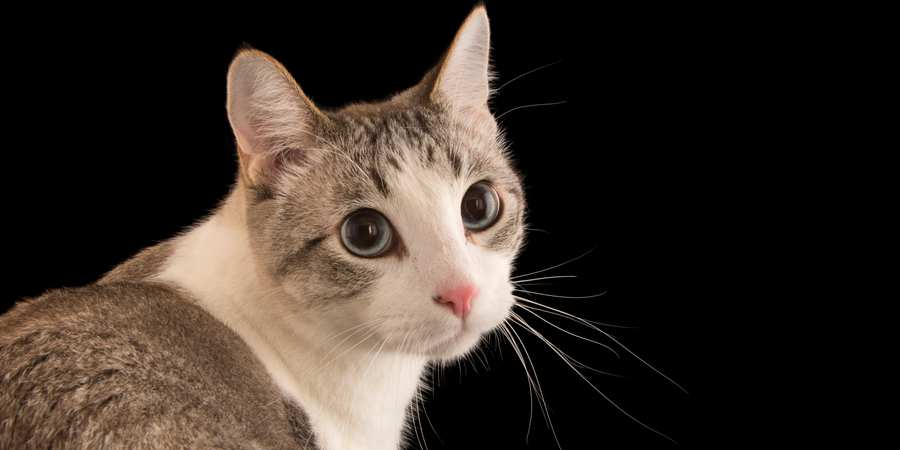Rice water is a nutritious drink for cats, packed with vitamins and minerals that can aid in digestion and hydration.
The Basics of Rice Water
Rice water is the starchy liquid obtained after boiling rice. This nutrient-rich brew is often used in various cultures for its health benefits, not just for humans but also for pets. It’s a great source of carbohydrates, vitamins, and minerals, making it an excellent addition to a cat’s diet. Many cat owners have turned to rice water as a natural remedy for various health issues, including digestive problems and dehydration.
Understanding how to prepare rice water is crucial for ensuring that it’s safe and beneficial for cats. The process involves simple steps that can be done in your kitchen. This article will delve deep into the preparation, benefits, and precautions of using rice water for cats.
Why Use Rice Water?
The nutritional profile of rice water makes it an appealing choice for cat owners looking to enhance their pet’s diet. It contains essential nutrients like B vitamins, amino acids, and minerals such as magnesium and phosphorus. These components play significant roles in maintaining overall health.
Cats are obligate carnivores, meaning their diet primarily consists of meat. However, incorporating a small amount of rice water can offer hydration and help with digestive issues like diarrhea or upset stomachs. Additionally, it’s often easier on the stomach compared to other liquids.
Benefits of Rice Water
The benefits of rice water extend beyond hydration. Here’s a detailed look at what makes it beneficial:
| Benefit | Description |
|---|---|
| Hydration | Helps keep cats hydrated, especially during hot weather or after illness. |
| Digestive Aid | Can soothe an upset stomach and help manage diarrhea. |
| Nutrient-Rich | Packed with vitamins and minerals that support overall health. |
| Energy Boost | The carbohydrates provide a quick source of energy. |
| Skin Health | May improve skin condition due to its nutrient content. |
These benefits make rice water not just a simple drink but a potential remedy for various conditions in cats. However, it’s essential to use it wisely and not rely solely on it for nutrition.
How To Make Rice Water For Cats?
Making rice water is straightforward and requires minimal ingredients. Here’s how to do it:
Ingredients Needed
- 1 cup of white rice (preferably organic)
- 4 cups of water
Preparation Steps
1. Rinse the Rice: Start by rinsing one cup of white rice under cold running water to remove any dirt or impurities.
2. Boil the Rice: In a pot, combine the rinsed rice with four cups of fresh water. Bring the mixture to a boil over medium heat.
3. Cook the Rice: Once boiling, reduce the heat to low and let it simmer uncovered for about 15-20 minutes until the rice is fully cooked.
4. Strain the Liquid: After cooking, strain the mixture through a fine mesh sieve or cheesecloth into a bowl or container. The liquid collected is your rice water.
5. Cool Down: Allow the rice water to cool completely before serving it to your cat.
6. Storage: Store any leftover rice water in an airtight container in the refrigerator for up to three days.
It’s crucial not to add any seasonings or additives like salt or sugar since these can be harmful to cats.
Serving Suggestions
When introducing rice water into your cat’s diet, moderation is key. Here are some serving suggestions:
- Dilute It: If your cat is hesitant about trying something new, mix a small amount of rice water with their regular drinking water.
- Use as Treats: Pour small amounts over their dry food as an occasional treat.
- Monitor Reactions: Always observe how your cat reacts after consuming rice water for the first time; look out for any signs of discomfort or allergies.
Cats are creatures of habit; they may take time to adjust to new tastes or textures.
Precautions When Using Rice Water
While rice water offers numerous benefits, there are precautions every pet owner should consider:
1. Allergies: Some cats may have allergies or sensitivities to grains like rice. It’s important to monitor them closely after introducing this new element into their diet.
2. Consult Your Vet: Before making significant changes to your cat’s diet or introducing new foods like rice water, consulting with a veterinarian is always wise.
3. Not a Substitute: Rice water should never replace fresh drinking water or balanced cat food; it’s merely an additive that can enhance hydration and digestion when used appropriately.
4. Limit Quantity: Too much carbohydrate intake can lead to weight gain in cats; therefore, moderation is crucial when offering this liquid.
5. Avoid Leftovers Beyond Three Days: After three days in storage, discard any leftover rice water even if it looks fine; freshness matters when it comes to pet food.
By taking these precautions into account, pet owners can safely introduce this beneficial liquid into their feline’s diet without adverse effects.
Conclusion – How To Make Rice Water For Cats?
Learning how to make rice water for cats opens up new avenues for enhancing their nutrition and hydration levels naturally. It’s easy to prepare at home with just two ingredients—rice and water—and offers numerous health benefits when served correctly.
Rice water provides hydration while supporting digestive health through its rich nutrient profile. As long as it’s introduced thoughtfully and monitored closely for any adverse reactions, this simple concoction can be an excellent addition to a cat’s dietary regimen.
Incorporating such natural remedies into a pet’s life reflects responsible pet ownership—striving always for better health options that align with our furry friends’ needs!

